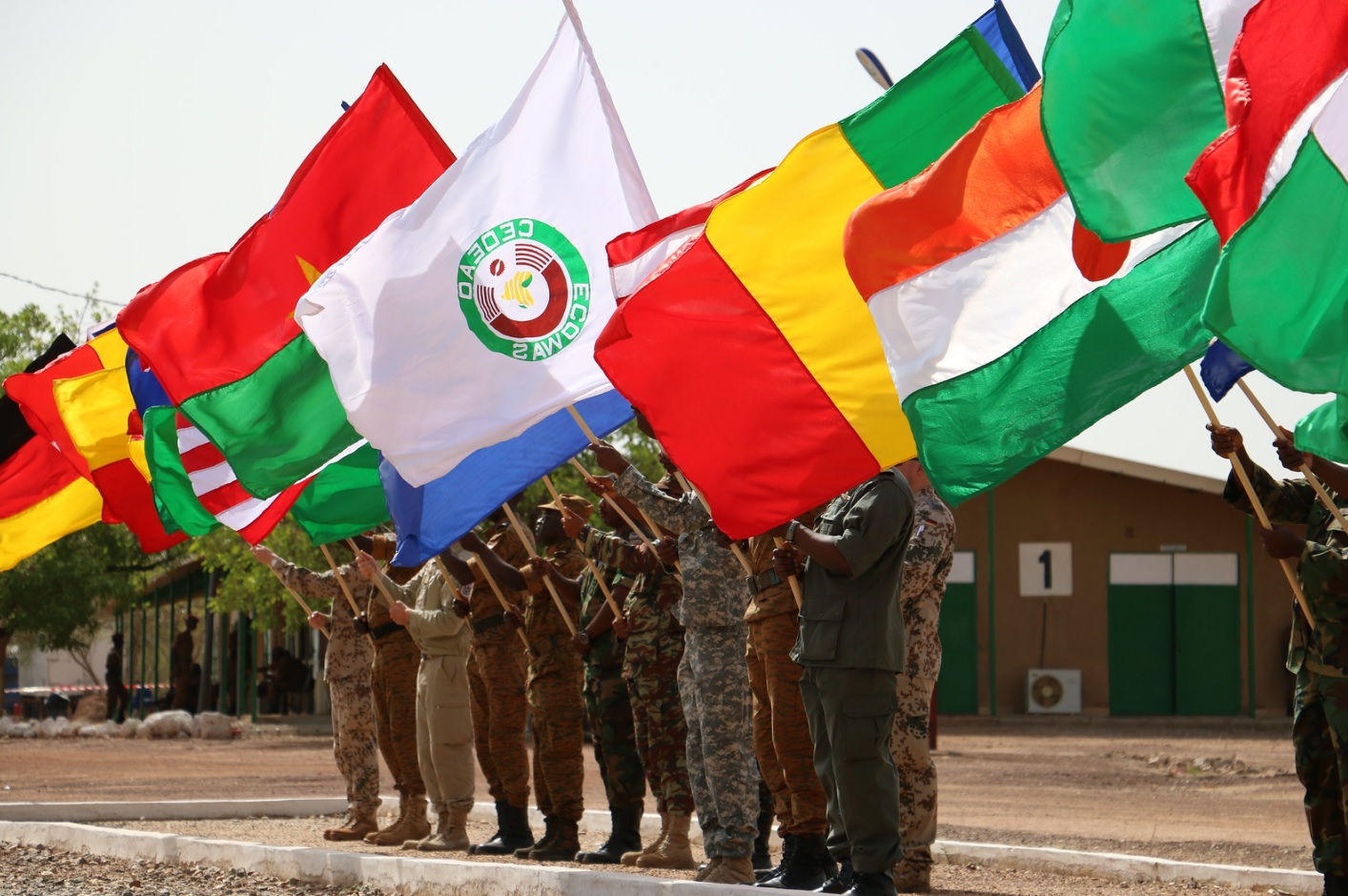ECOVISA-How common VISA can boost tourism in West Africa?
The implementation of ECOVISA will effectively manage migration and emerging trends associated with the movement of persons across borders.

- Country:
- Ghana
After Asia-Pacific, Africa is the second-fastest growing tourism region. According to a report released by World Travel & Tourism Council (WTTC) in March 2019, travel and tourism in Africa increased by 5.6 percent in 2018 in comparison to the global average of 3.9 percent. The report claims that around 71 percent of tourism spending across the African continent was leisure-driven and 29 percent business by nature. In order to manage this outstanding rank of the continent, the West African countries have confirmed their intention of creating a common regional VISA called ECOVISA. With the implementation of ECOVISA (a common VISA), free movement between the member states of the Economic Community of the West African States (ECOWAS) will be strengthened rapidly and the visa holder can freely circulate in the region, according to the experts.
What is ECOWAS
Before discussing ECOVISA, let’s understand ECOWAS and its role in creating several benefits across the region. ECOWAS is a regional political and economic union of 15 West African nations. The 15 members of ECOWAS are tuned to work in the direction of fulfilling the goal of enhancing economic cooperation (among member states) in order to raise living standards and promote economic development. The member states for ECOWAS Zone A are Cape Verde, Gambia, Guinea, Guinea-Bissau, Liberia, Mali, Senegal and Sierra Leone, while Benin, Burkina Faso, Ghana, Ivory Coast, Niger, Nigeria, and Togo fall under ECOWAS Zone B. Established on May 28, 1975, with the signing of the Treaty of Lagos, the union is also aimed to promote integration across the region.
Another vital objective for ECOWAS is to serve as a peacekeeping force in the West African region. The member states, according to the treaty, occasionally send joint military forces to intervene in the bloc’s member countries during the time of political unrest or instability. Recently, ECOWAS in association with the United States Agency for International Development (USAID)’s Reacting to Early Warning and Response Data (REWARD) conducted a two-day workshop on social inclusion for enhancing peace and security in the region. The workshop took place in Nigeria’s capital, Abuja on July 2, 2019.
ECOWAS’ Heads of States push for the ECOVISA
A workshop took place on June 29, 2019 in Nigeria’s capital, Abuja to ensure the operational acceleration of the regional visa termed ECOVISA. The recommendation was contained in the final communiqué of the 55th Ordinary Session of the Conference of Heads of State and Government of ECOWAS Member Countries. This dynamic comes with the Plan of Action 2019-2029 that has an objective to ensure a harmonious and viable tourism development added with economic development in the community area. The ECOWAS area is gradually expected to be an attractive and competitive tourist destination with the implementation of ECOVISA.
According to the regional bloc, the rapid implementation of ECOVISA will boost tourism in the region. The participants at the workshops contemplated to “take measures to accelerate the use of the ECOWAS national biometric identity card (a form of identification that recognizes and analyzes an individual based on their physical and behavioral traits), with a view to facilitating mobility and strengthening the region's security architecture.” The Heads of State emphasized that “all Member States should ensure the implementation of the Protocol on Free Movement, on the Right of Entry, Residence, and Establishment,” despite inherent difficulties.
How ECOVISA’s implementation can benefit the member states?
The implementation of ECOVISA will effectively manage migration and emerging trends associated with the movement of persons across borders. They also summoned for creating a committee to implement a strategy on the ECOVISA and decide a timeframe for its convergence.
The conference also summoned for “the inclusion of immigration in the national security architecture in all the 15 member states and the provision of dedicated counters for ECOWAS citizens alongside nationals of member states in addition to joint investigation to combat transnational crimes.” The Presidential Task Force on the Trade Liberalization Scheme was lauded by the Heads of States that intend to unlock obstacles to the free movement of persons and goods. On the other hand, the conference also summoned for the member states “to implement the revised Additional Act on Rules of Community Origin, for the abolition of both tariff and non-tariff barriers.”
The experts believe that the new joint visa project will boost tourism in the ECOWAS zone. So far, there have been problems related to the free movement of people and goods in the West African countries (which are members of ECOWAS), and the ECOVISA is believed to be a tremendous solution in addressing those obstacles. The conference ensures implementation of the protocol on free movement, related to the right of entry, residence, and establishment.
Today, when a tourist needs to travel from one country in the region to another, he/she requires a visa that involves costs and red tape, the process makes many tourists discouraged. The ECOVISA is going to be more like Europe’s most common Schengen visa, which is quite popular for allowing a person to travel to any members of the Schengen area and stay up to 90 days for tourism or business purposes.
Also Read: World Hepatitis Day: How Uganda leading the way to eliminate Hepatitis
- FIRST PUBLISHED IN:
- Devdiscourse










